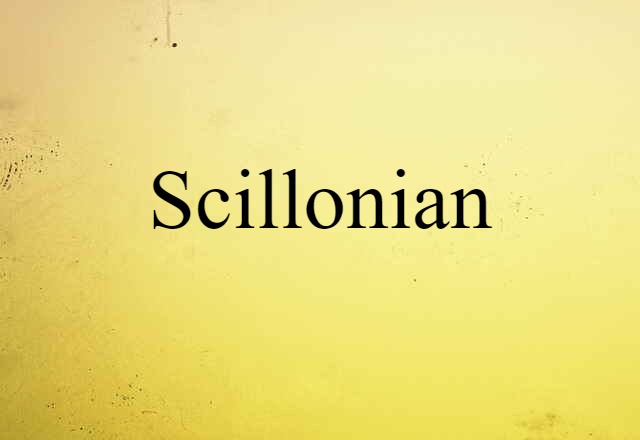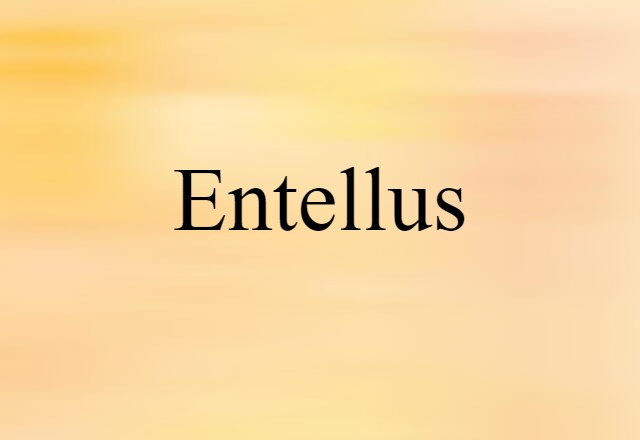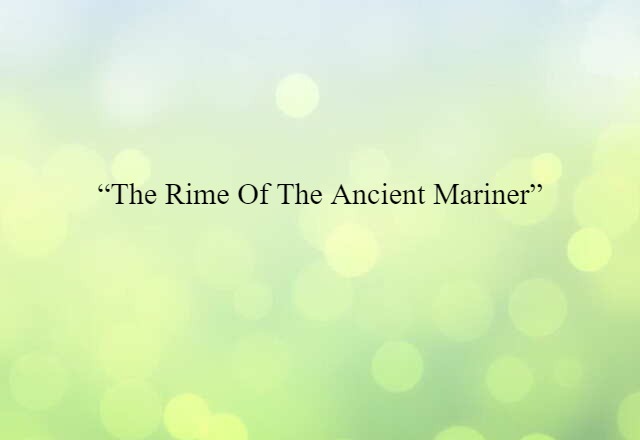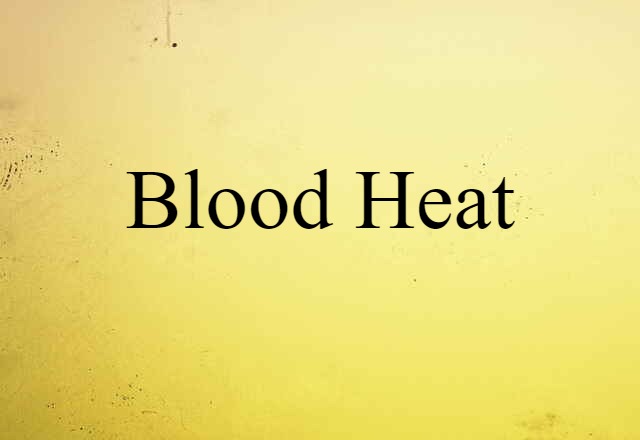- a long, cylindrical, often slender piece of wood, metal, etc.: a telephone pole; a fishing pole.
- a long, tapering piece of wood or other material that extends from the front axle of a vehicle between the animals drawing it.
- Nautical.
- a light spar.
- that part of a mast between the uppermost standing rigging and the truck.
- the lane of a racetrack nearest to the infield; the inside lane.
- a unit of length equal to 16½ feet (5 meters); a rod.
- a square rod, 30¼ square yards (25.3 square meters).
- to furnish with poles.
- to push, strike, or propel with a pole: to pole a raft.
- to make (an extra-base hit) by batting the ball hard and far: He poled a triple to deep right-center.
- to stir (molten metal, as copper, tin, or zinc) with poles of green wood so as to produce carbon, which reacts with the oxygen present to effect deoxidation.
- to propel a boat, raft, etc., with a pole: to pole down the river.
- under bare poles,
- (of a sailing ship) with no sails set, as during a violent storm.
- stripped; naked; destitute: The thugs robbed him and left him under bare poles.
- each of the extremities of the axis of the earth or of any spherical body.
- celestial pole.
- one of two opposite or contrasted principles or tendencies: His behavior ranges between the poles of restraint and abandon.
- a point of concentration of interest, attention, etc.:The beautiful actress was the pole of everyone's curiosity.
- either of the two regions or parts of an electric battery, magnet, or the like, that exhibits electrical or magnetic polarity.
- Cell Biology.
- either end of an ideal axis in a nucleus, cell, or ovum, about which parts are more or less symmetrically arranged.
- either end of a spindle-shaped figure formed in a cell during mitosis.
- the place at which a cell extension or process begins, as a nerve cell axon or a flagellum.
- Mathematics.
- a singular point at which a given function of a complex variable can be expanded in a Laurent series beginning with a specified finite, negative power of the variable.
- origin (def. 6b).
- a line perpendicular to a crystal face and passing through the crystal center.
- having widely divergent or completely opposite attitudes, interests, etc.: In education and background they were poles apart.
- a native or inhabitant of Poland.
- English cardinal and last Roman Catholic archbishop of Canterbury.
- a long slender usually round piece of wood, metal, or other material
- the piece of timber on each side of which a pair of carriage horses are hitched
- another name for rod (def. 7)
- horse racing, mainly US and Canadian
- the inside lane of a racecourse
- (as modifier)
- one of a number of markers placed at intervals of one sixteenth of a mile along the side of a racecourse
- nautical
- any light spar
- the part of a mast between the head and the attachment of the uppermost shrouds
- (of a sailing vessel) with no sails set
- up the pole British, Australian and NZ informal
- slightly mad
- mistaken; on the wrong track
- to strike or push with a pole
- (tr)
- to set out (an area of land or garden) with poles
- to support (a crop, such as hops or beans) on poles
- to deoxidize (a molten metal, esp copper) by stirring it with green wood
- to punt (a boat)
- either of the two antipodal points where the earth's axis of rotation meets the earth's surface
- astronomy short for celestial pole
- physics
- either of the two regions at the extremities of a magnet to which the lines of force converge or from which they diverge
- either of two points or regions in a piece of material, system, etc, at which there are opposite electric charges, as at the two terminals of a battery
- an isolated singularity of an analytical function
- biology
- either end of the axis of a cell, spore, ovum, or similar body
- either end of the spindle formed during the metaphase of mitosis and meiosis
- the point on a neuron from which the axon or dendrites project from the cell body
- either of two mutually exclusive or opposite actions, opinions, etc
- the origin in a system of polar or spherical coordinates
- any fixed point of reference
- having widely divergent opinions, tastes, etc
- throughout the entire world
- a native, inhabitant, or citizen of Poland or a speaker of Polish
- Reginald. 1500–58, English cardinal; last Roman Catholic archbishop of Canterbury (1556–58)
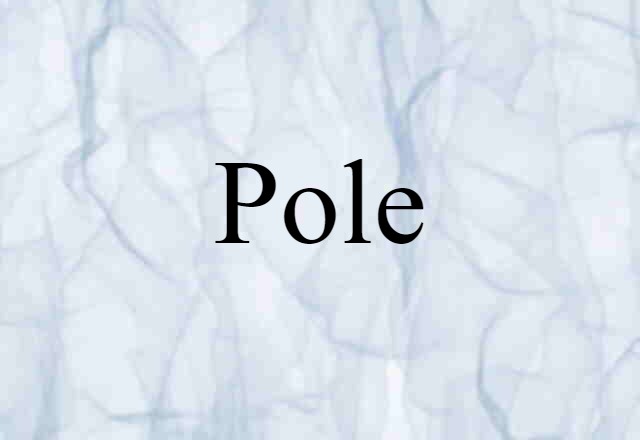
More Definitions
- SCILLONIAN (noun) Definition, Meaning & Examples
- SPEAKING CLOCK (noun) Definition, Meaning & Examples
- HEAT OF COMBUSTION (noun) Definition, Meaning & Examples
- ENTELLUS (noun) Definition, Meaning & Examples
- IN THE WORLD (noun) Definition, Meaning & Examples
- DIRECT COST (noun) Definition, Meaning & Examples
